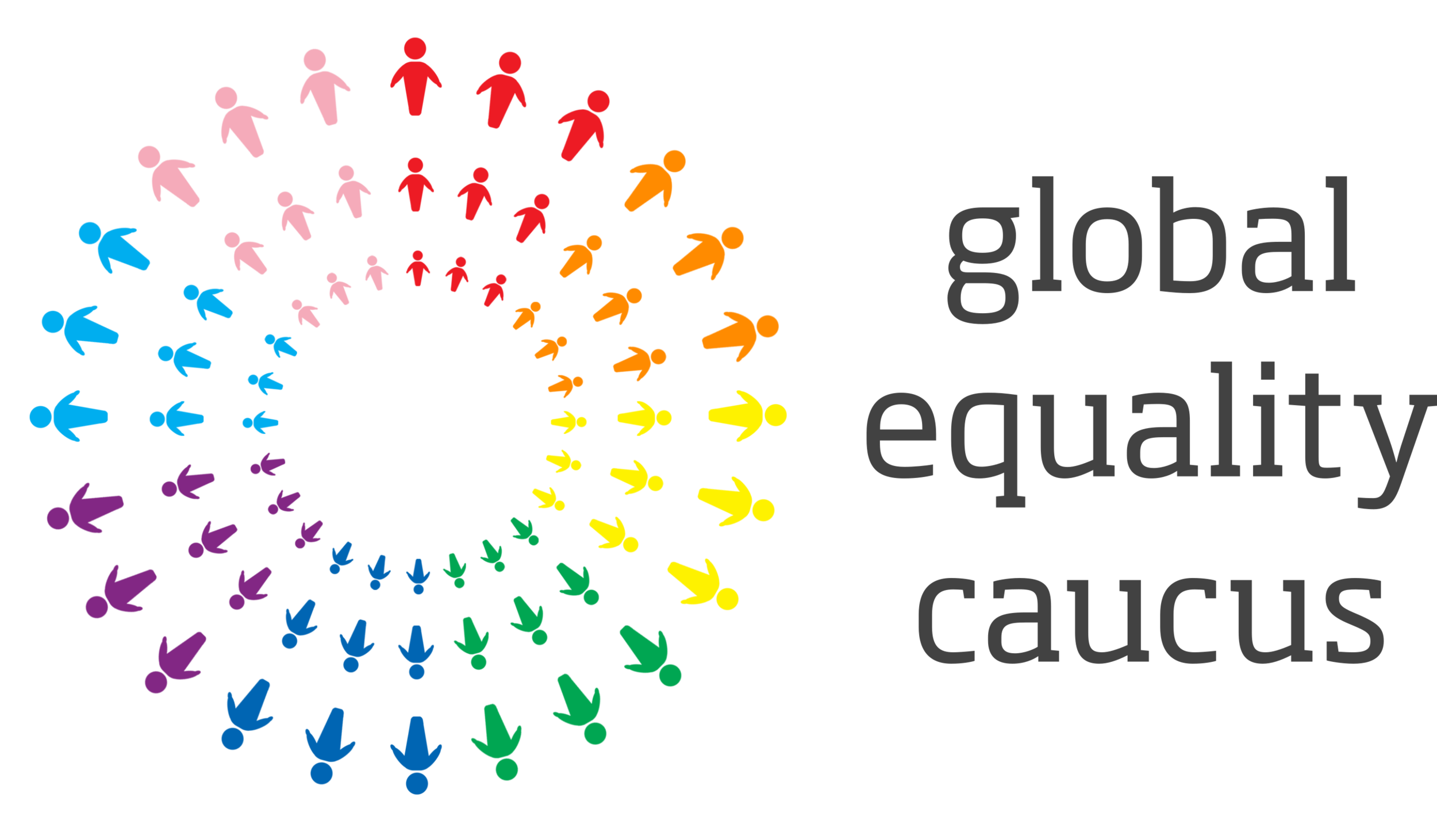TRANS PEOPLE AS A KEY POPULATION
Trans people are a key population impacted by the HIV epidemic.
A global study by the Public Library of Science has found that trans women are 66 times more at risk of acquiring HIV than the general population aged over 15, and the risk to trans men is 7 times higher.
Around the world there is uneven legal recognition and clinical support for trans people, who face discrimination and health systems ill-equipped to meet their healthcare needs.
What BARRIERS EXIST FOR TRANS PEOPLE IN HIV PREVENTION?
Legal environment: many countries do not recognise trans identities and have no mechanism for changing gender, meaning trans people can find it difficult to access public health services
Lack of healthcare access: health insurance providers may not cover trans people, and discrimination may dissuade trans people from accessing resources such as PrEP and HIV testing
Lack of services for trans people: clinics may lack specialisation in trans healthcare, and mental health services and harm reduction initiatives may not be targeted at trans populations
Wider stigma and discrimination: familial and societal stigmas mean trans people are disproportionately affected by isolation and poverty, which increases exposure to drug use and sex work
ADDRESSING INEQUITIES
Targeted interventions for different key populations are the route to tackling inequities. Involving trans voices in policymaking and creating conditions that afford trans people autonomy when accessing healthcare can help to ensure a differentiated and equitable approach to HIV prevention.
WHAT CAN LEGISLATORS DO?
Pass laws that afford trans people dignity and autonomy, including easier processes to change legal gender and anti-discrimination measures
Approve healthcare budgets that train and equip health practitioners to provide trans-specialised care
Compel health systems and insurance providers to cover the healthcare needs of trans people
Provide visibility to HIV prevention campaigns that reach trans people, including harm reduction initiatives and targeted messaging on PrEP, condoms and U=U
Work with trans people and civil society organisations to identify trans inequities, not just in healthcare but in education, employment & housing
USEFUL LINKS AND RESOURCES
https://onlinelibrary.wiley.com/doi/10.1111/hsc.13234
https://www.ncbi.nlm.nih.gov/pmc/articles/PMC8412127
https://transgenderfeed.com/2022/08/08/program-successfully-improves-trans-healthcare-in-thailand
https://ihri.org/the-thai-handbook-of-transgender-healthcare-services-available-now/
https://www.amfar.org/news/the-tangerine-clinic-leading-the-way-on-transgender-health-care/


